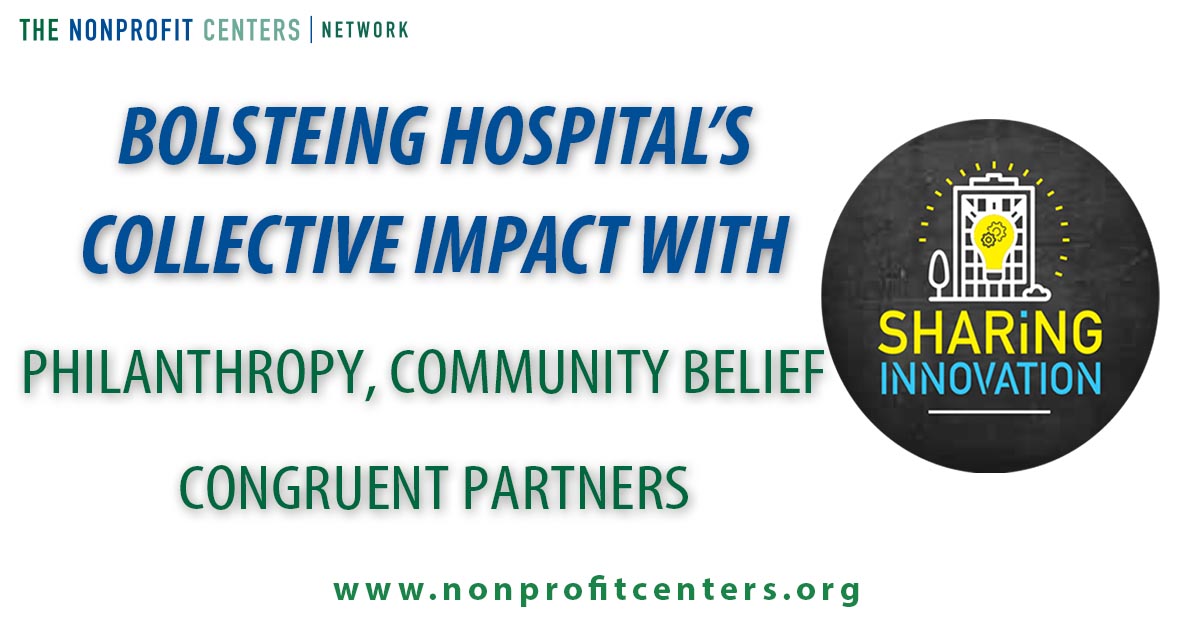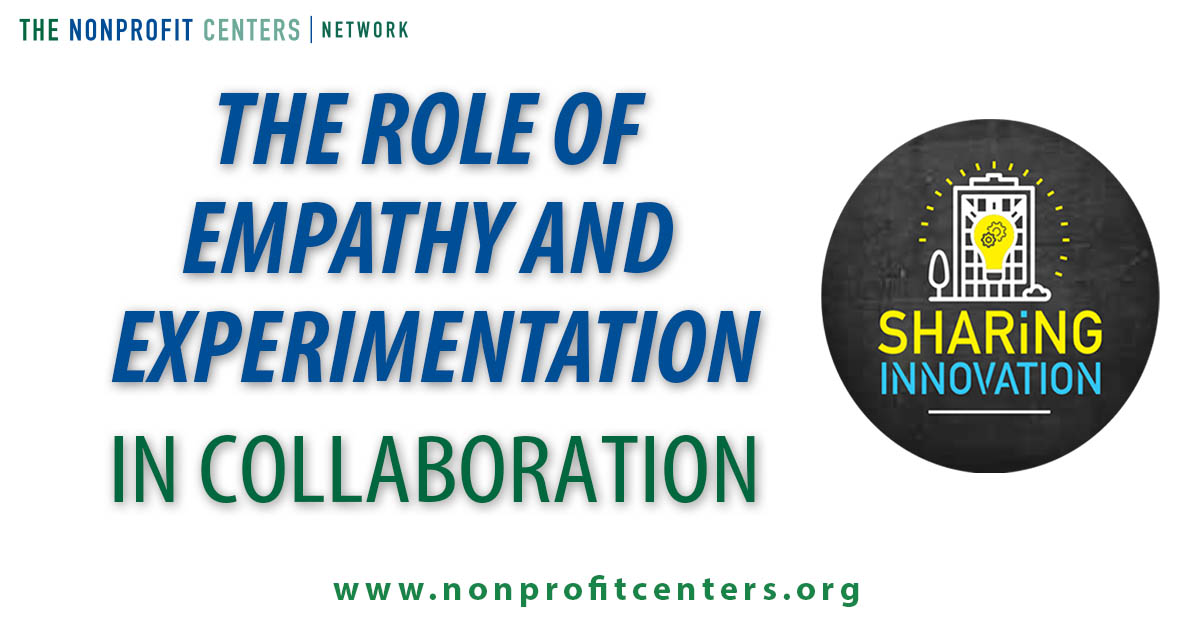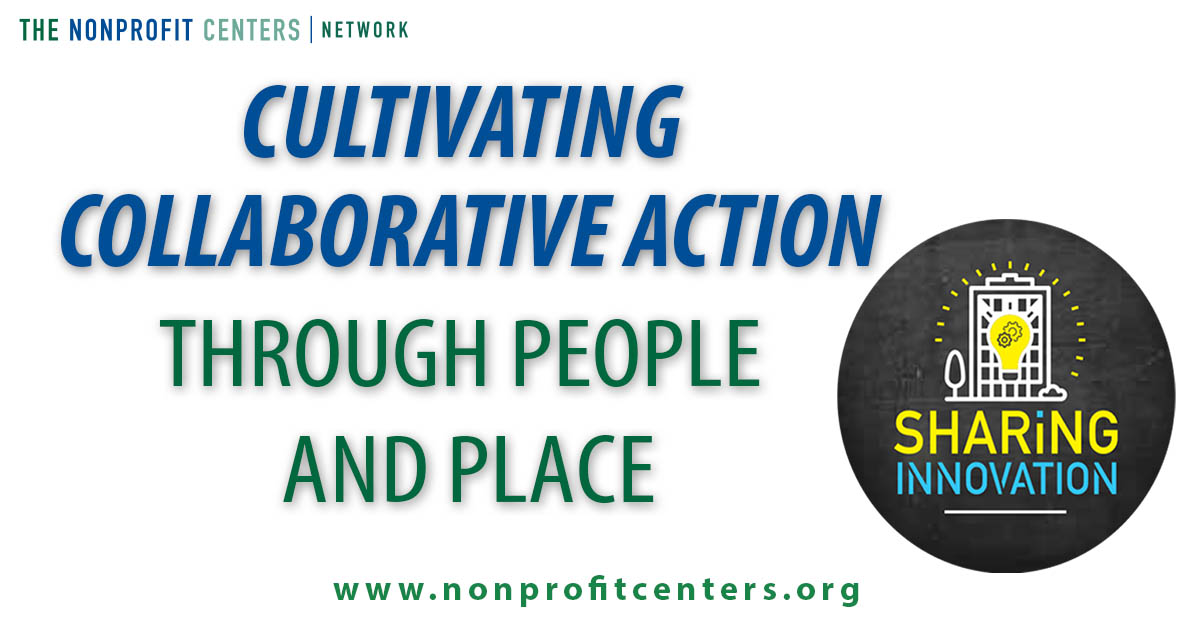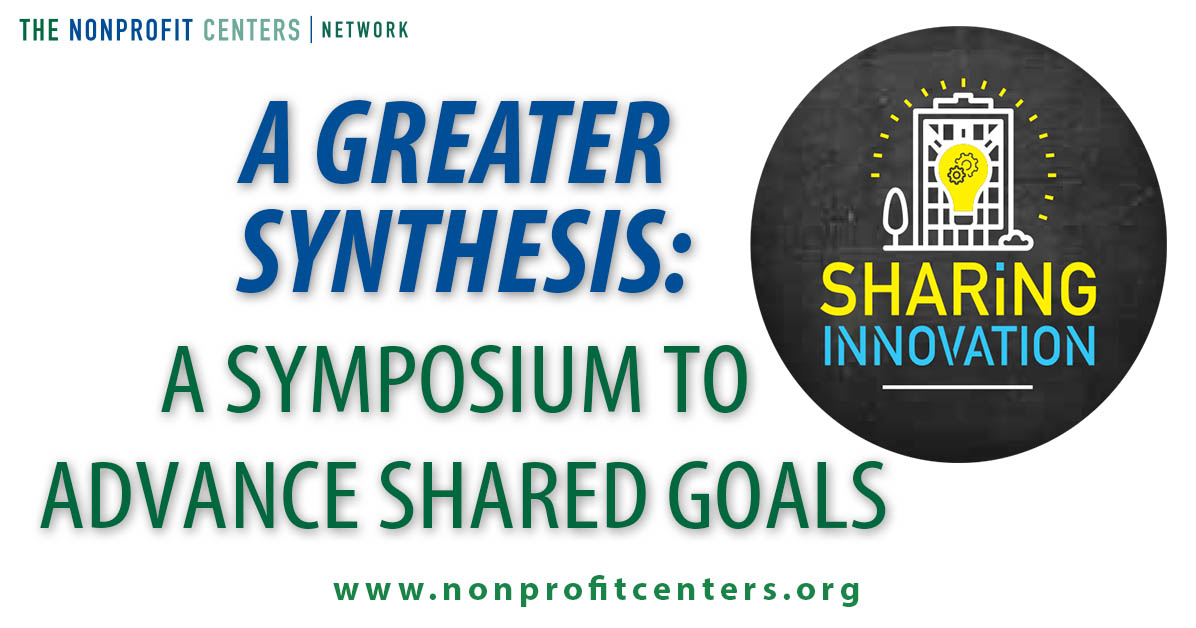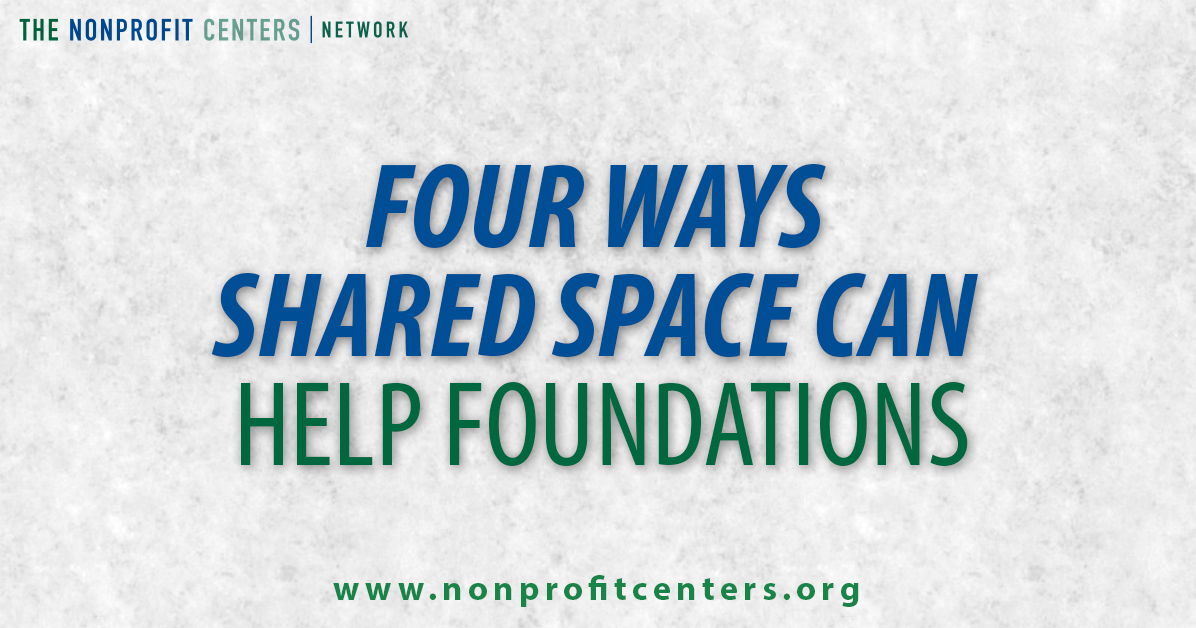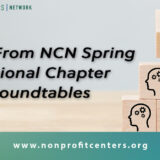
The role of the hospital is growing. With the continued trend towards population health and diagnosing root causes, rather than only treating the symptoms, hospitals are being forced play larger roles in the health of their patients. As the healthcare industry shifts towards understanding the social determinants of health and adverse childhood experiences (ACES), the previously siloed institutions are no longer the standards in healthcare. The hospital must adapt, and look outside of its walls to better treat the health of its patients. For nonprofit hospitals, looking outside of the hospital walls have always been standard. Through Community Benefit, nonprofit hospitals have been charged with improving the health and well-being of the community. At Hoag Memorial Hospital Presbyterian (Hoag), the opportunity to create a model to address the social and health needs of the community aligned to develop the Melinda Hoag Smith Center for Healthy Living (MHSCHL).




